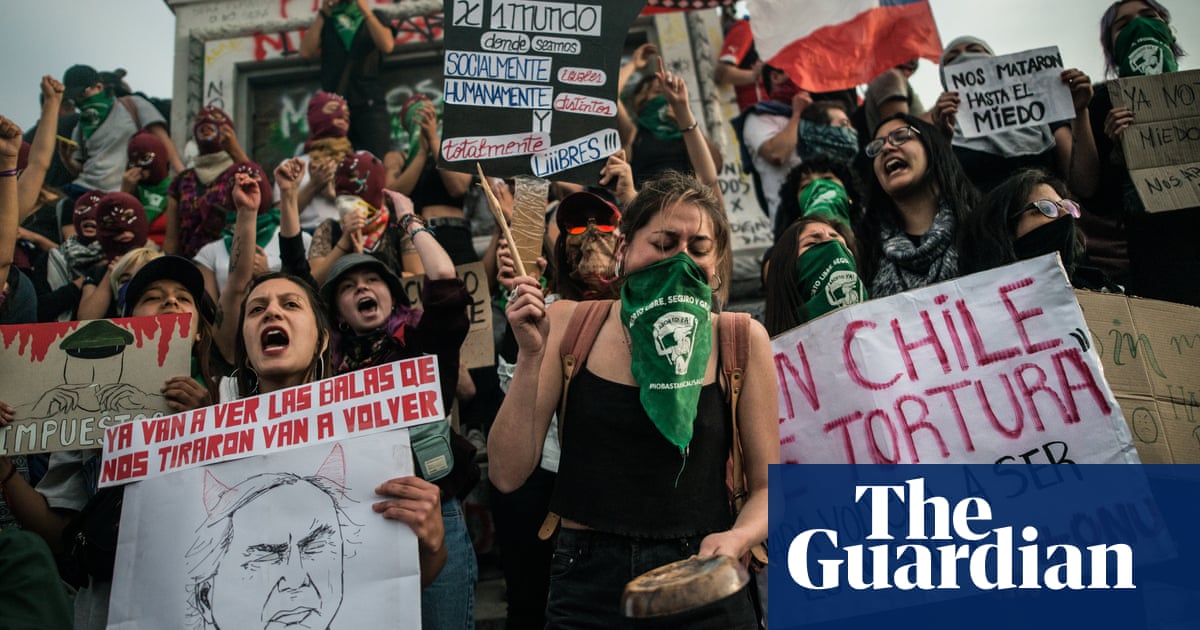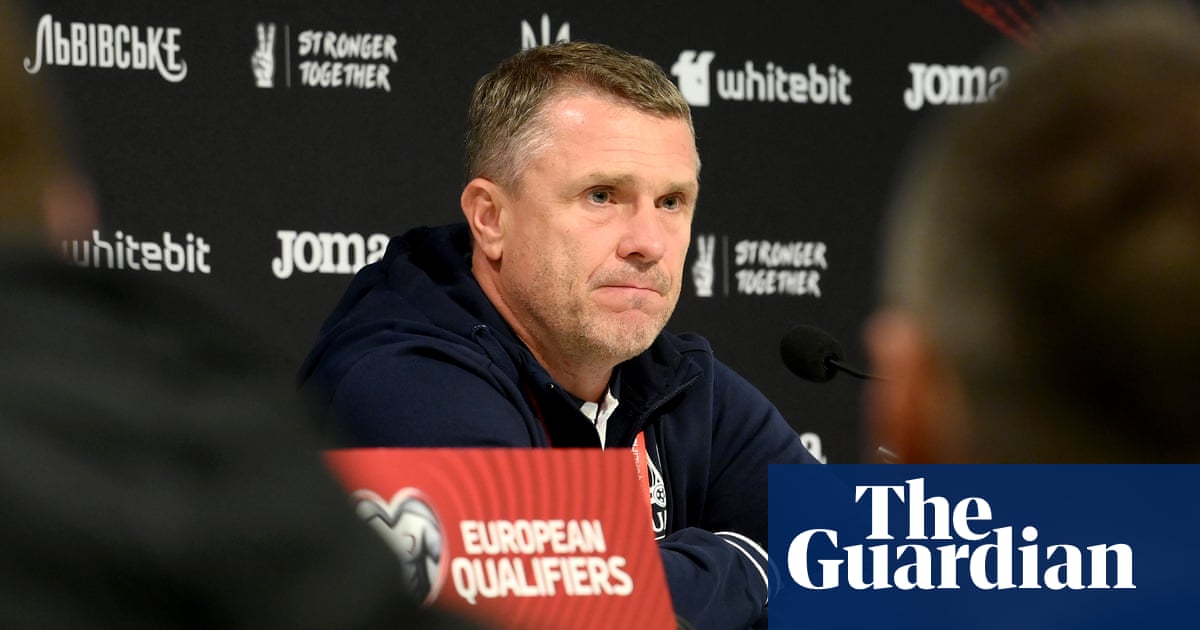
Young human rights defenders from around the world came together at the United Nations headquarters in Geneva this week to share powerful stories and bring solutions to hot topics such as the climate crisis, online sexism, racism and homelessness.
And one thing they made very clear: “Our future cannot be decided without our voice.”
The Palais de Nations normally hosts meetings of diplomats and member States to tackle important negotiations and treaties. But on Tuesday one of its conference rooms brimmed with noisy and enthusiastic young people as five youth activists took the stage to receive awards for their impact in their communities.
“Young people are at the forefront of defending human rights all around the world,” said Marley Dias, a 19-year-old activist from the United States who campaigns for inclusion and black representation in the media.
Dias was among the five laureates of the 2024 Young Activists Summit, which drew a roomful of high school and university students, while thousands more joined online from 171 countries. UN Human Rights was one of the partners of the event, entitled “Go far, go together.”
Dias founded #1000BlackGirlBooks, a campaign to collect and donate books across the world with main characters that are female and black, as a protest against the lack of black representation. More recently, she has taken a stance against the banning of books on race, gender and sexual identity in U.S. schools and public libraries.
Cybersexism and sea walls
It was during the COVID 19 lockdowns that Shanley Clémot McLaren noticed online sexism and image-based abuse flooding social media. To combat cybersexism and other forms of online gender-based violence, she launched #StopFisha.
“Human rights are also digital rights,” said Clémot McLaren, a 25-year-old feminist activist from France. “This includes the right to be safe in the digital environment and that technology is not used against minorities and against women and girls.”
#StopFisha has helped pass laws in France to tackle online gender-based violence, including deepfake sexual abuse. Clémot McLaren, a student at SciencesPo in Paris and a policy advisor at the French Ministry of Foreign Affairs, is taking her fight on a global scale.
“Cyberviolence knows no borders, so we need global solutions,” she said.
As a child growing up in the Soloman Islands, Cynthia Houniuhi spent most of her time playing outdoors and would go fishing after school for her own lunch. But climate change is threatening the very livelihood and future of Pacific islands.
“Climate change is real and it is affecting all of us. As we speak, people in my island are building sea walls,” said Houniuhi, 30, who is the president of Pacific Islands Students Fighting Climate Change.
The students were instrumental in mobilizing a campaign that led the UN General Assembly to request that the International Court of Justice issue an advisory opinion on the obligations of states regarding climate change. The decision was seen as a landmark moment in the fight for climate justice.
Alvaro Quiroz found himself living on the streets of Guadalajara, Mexico, as a teenager when he fled his hometown because of stigma around his sexual identity. He was rescued by a good Samaritan woman and taken to a shelter, where he was able to start a new life.
“Human rights are important because they are an opportunity to save the lives and the dignity of other human beings,” said Quiroz, 25, another laureate.
Quiroz created Brigada12 to help homeless people and other vulnerable people get reintegrated into society. The movement has members in Mexico, Colombia, and the U.S.
Sohanur Rahman, a laureate from Bangladesh, survived super-cyclone Sidr as a child, which caused over 3,400 deaths in the Bay of Bengal.
This dramatic experience led him to get involved in his country’s fight against climate change. In 2016, he founded the platform YouthNet for Climate Justice to raise awareness of climate issues among younger generations and to engage with local governments for change.
“Human rights and climate justice are interlinked. Without climate justice we can’t ensure human rights,” said Rahman, 27.
Rahman and his group played a key role in the recent student protests advocating for more democracy and the protection of human rights in Bangladesh.
“Our future cannot be decided without our voice,” he said.












